
articles / Saturday Morning Car Tunes
Saturday Morning Car Tunes: Ludwig van Beethoven, Pt. III
Andreas Rentz/Getty Images
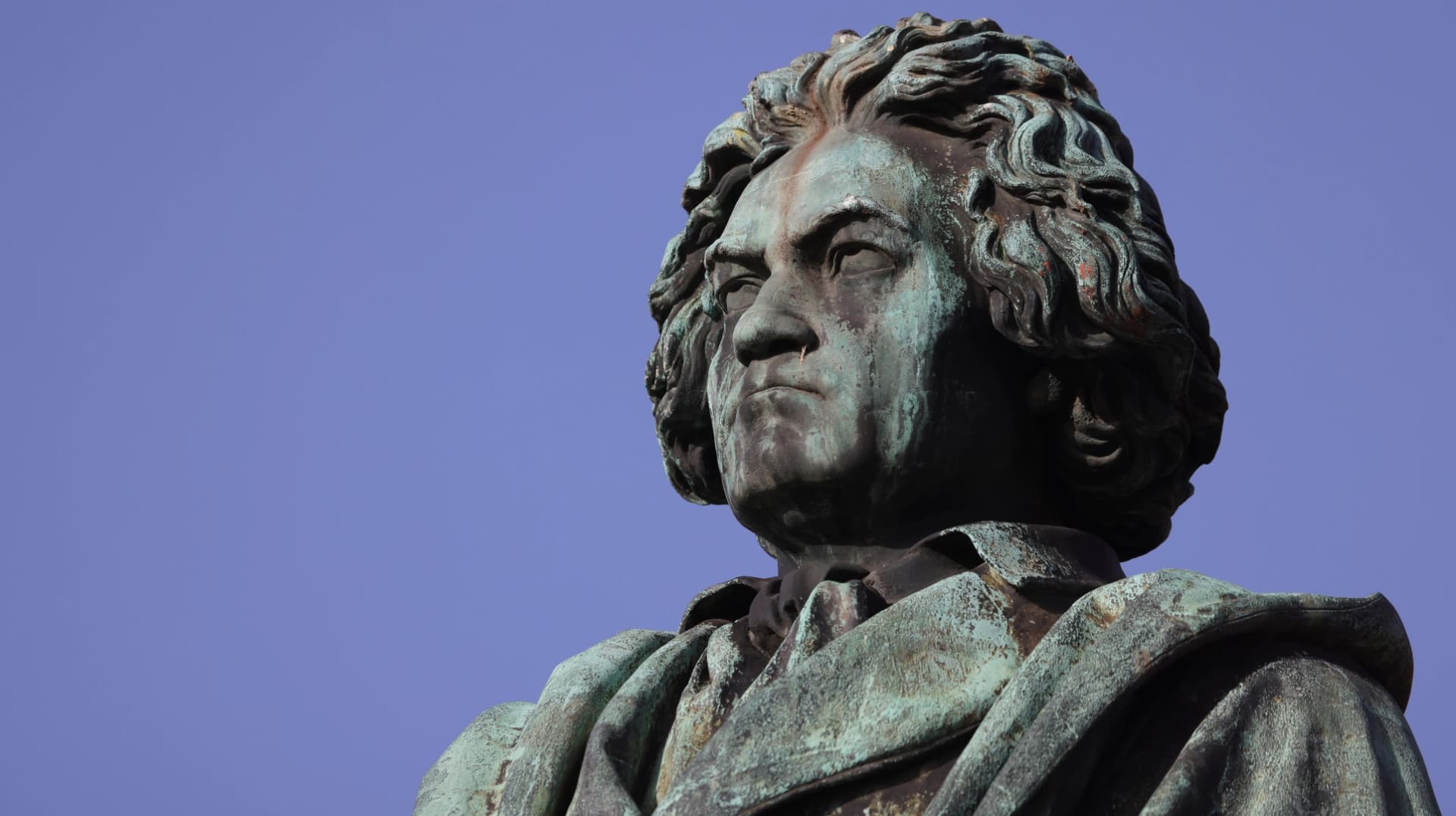
Andreas Rentz/Getty Images
Listen to the episode!
In his later years, Beethoven had a lot of problems, including complete deafness and stressful family issues, which only deepened the emotion in his music. This week, we’ll explore his third and final period, filled with great sorrow and great joy.
Howdy, howdy, howdy! I’m Solomon Reynolds, and this is: Saturday Morning Car Tunes! This morning… In his final years, Beethoven wrote his greatest music. But by his 40s, he was completely deaf. If that wasn’t enough, he was also incredibly lonely. He was the world’s greatest living composer, and a hopeless Romantic. He never got married, never had kids, and after his death, an unsent letter was found addressed to his “Immortal Beloved.” He gave up on love, just as he gave up on ever hearing again. Around that time, he composed his only song cycle, To the Distant Beloved. Can you hear his broken heart?
For nearly half a decade, Beethoven was locked in a bitter custody battle with his sister-in-law after his brother died. Where he failed at romance, he wanted to succeed as a father to his nephew. This was not a happy time, and Beethoven struggled to compose anything—besides this cello sonata.
Eventually, Beethoven got over his writer’s block and wrote his massive Hammerklavier sonata (that just means "piano" in German). It’s one of his hardest and most important works that he wrote. You’re hearing its crab canon right now. Just like a crab, the melody goes forwards and backwards.
To promote national pride, an Austrian named Anton Diabelli asked famous composers from Austria to write a variation on a simple theme he wrote. Instead of writing just one or two, Beethoven wrote 33 Diabelli Variations. They turned out to be one of the greatest sets ever written.
Towards the end of his life, Beethoven composed five string quartets. This is his String Quartet No. 14, which he thought was his greatest.
But what did Beethoven think was his best work? When his biggest supporter became a Catholic cardinal, Beethoven offered what he called his greatest achievement: the Missa solemnis, or Solemn Mass.
According to each year’s Classical California Ultimate Playlist, the greatest piece of all time is Beethoven’s Symphony No. 9. The Ninth appears all over pop culture, including in the synthesized score of A Clockwork Orange, arranged by Wendy Carlos.
Beethoven is one of the greatest composers in Western music history because of how he expressed deep emotion. Maybe that’s why his Symphony No. 9 fits so well into emo music, like in the song “Road to Joy” by Bright Eyes.
I’m Solomon Reynolds. I write and produce Saturday Morning Car Tunes, with research assistant Carolina Correa and audio engineer Stephen Page, only on Classical California. Tune in—or out of your car—next Saturday morning!
Read Beethoven's Famous "Immortal Beloved" Letter
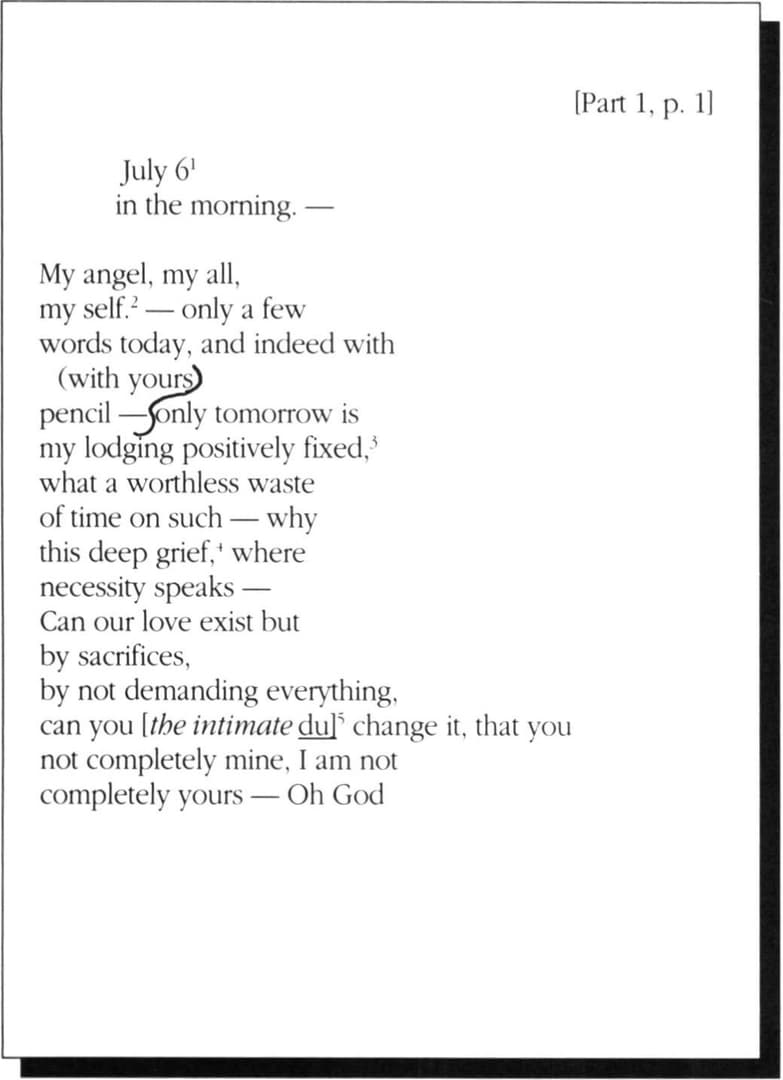
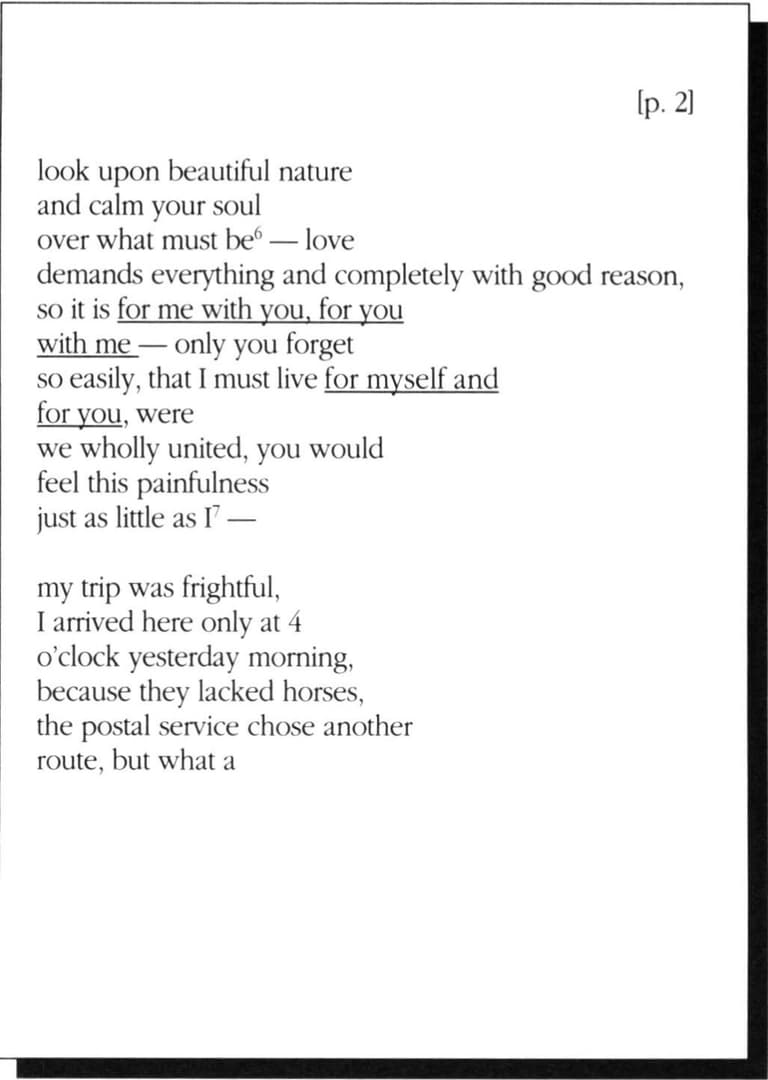
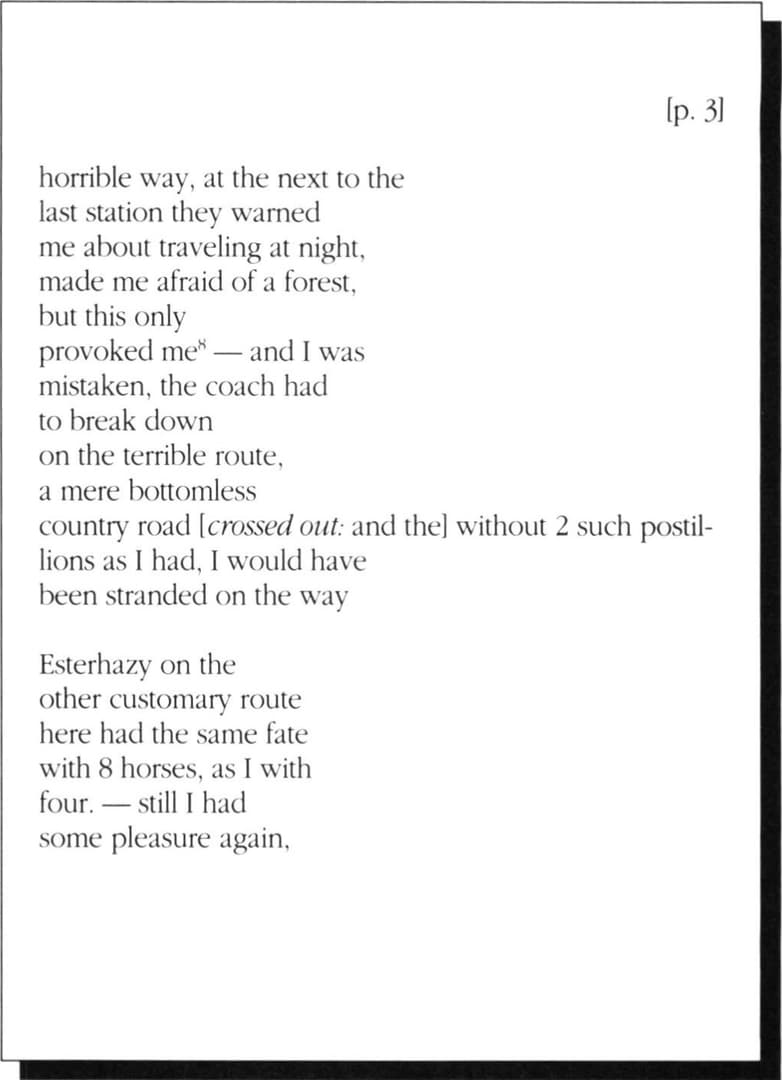
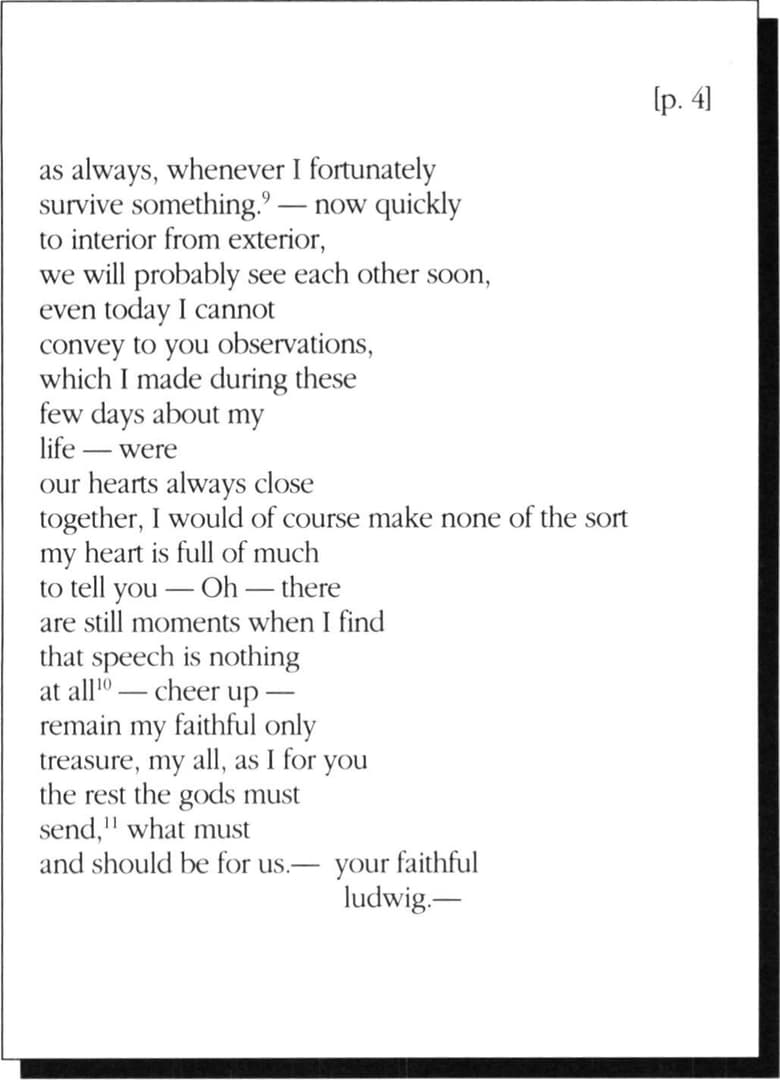
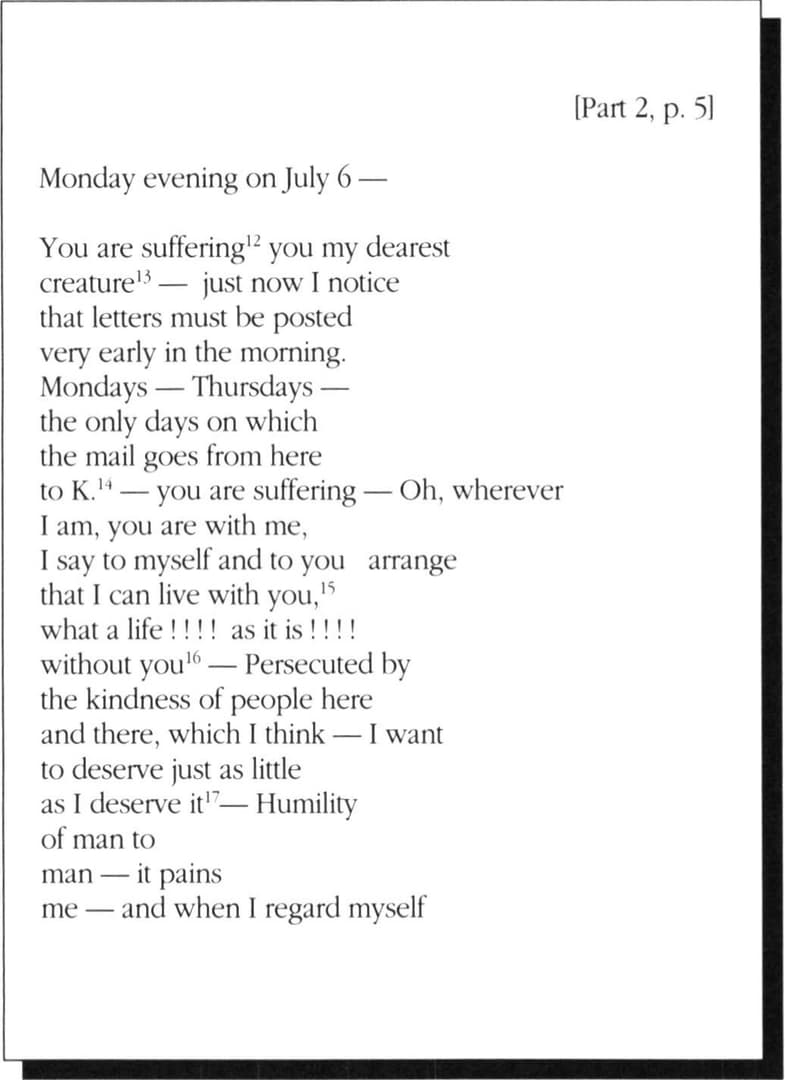
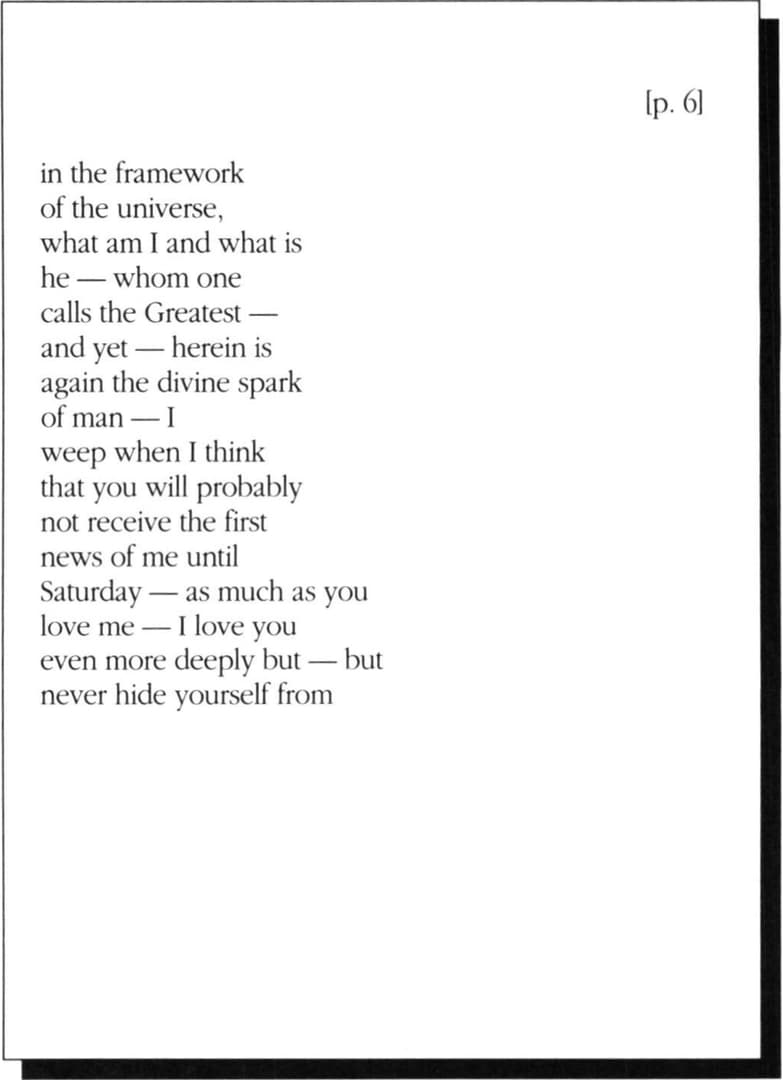
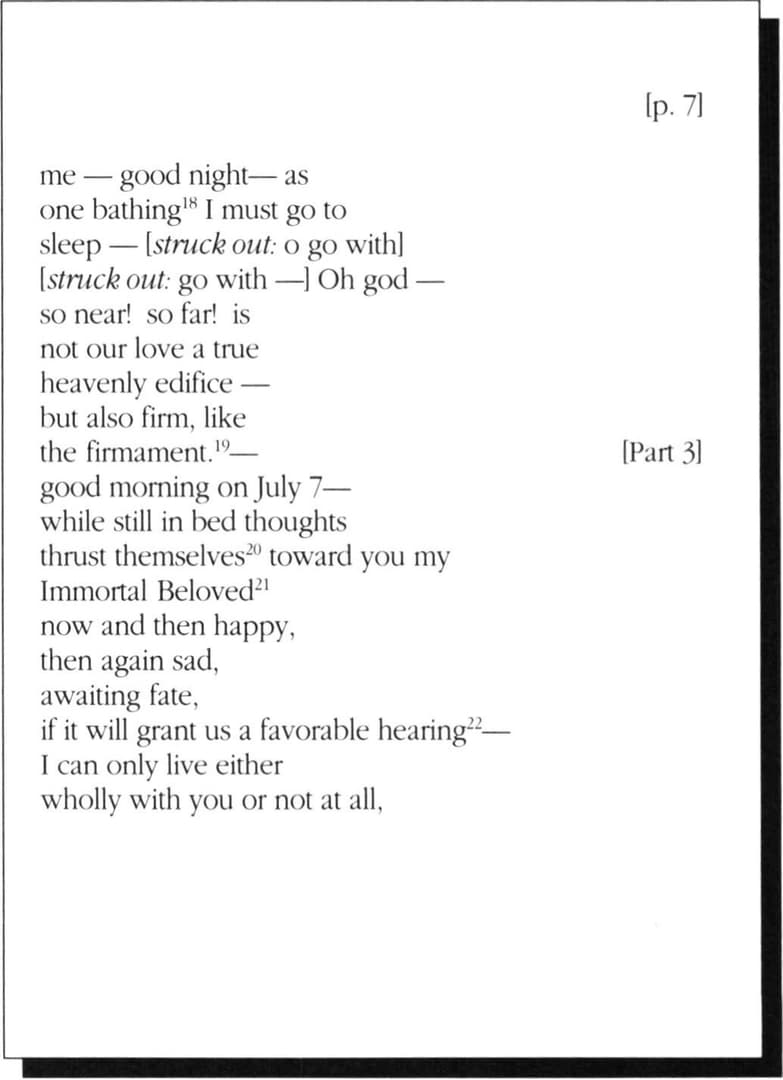
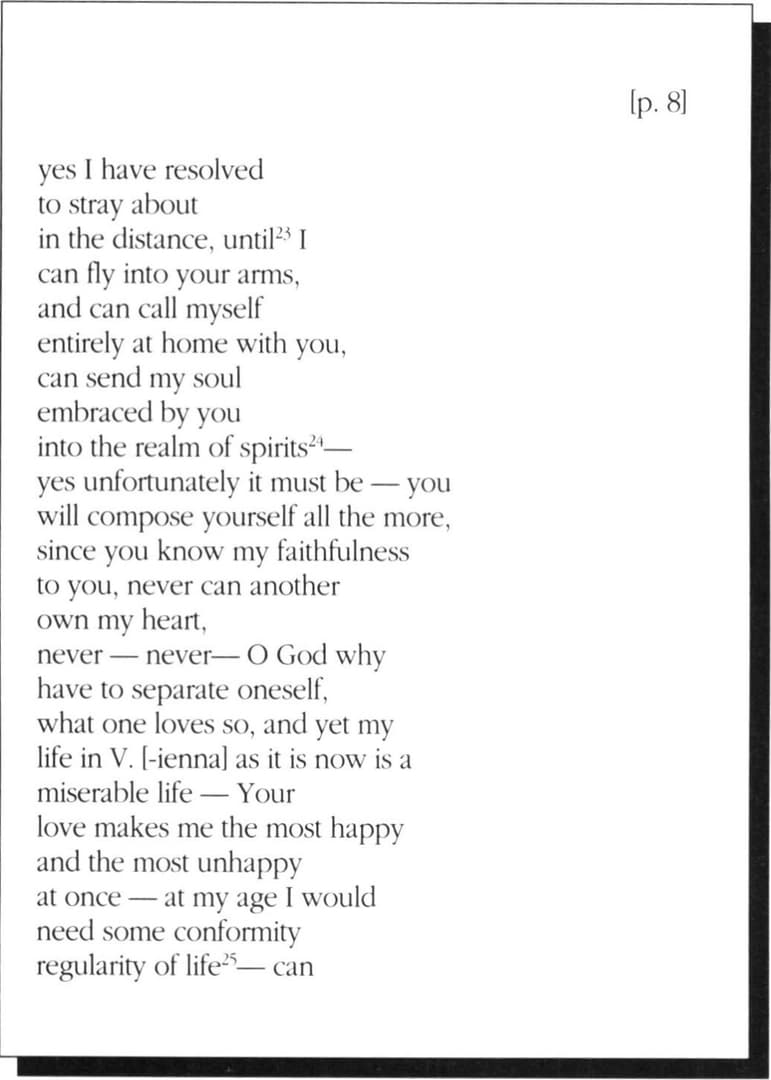
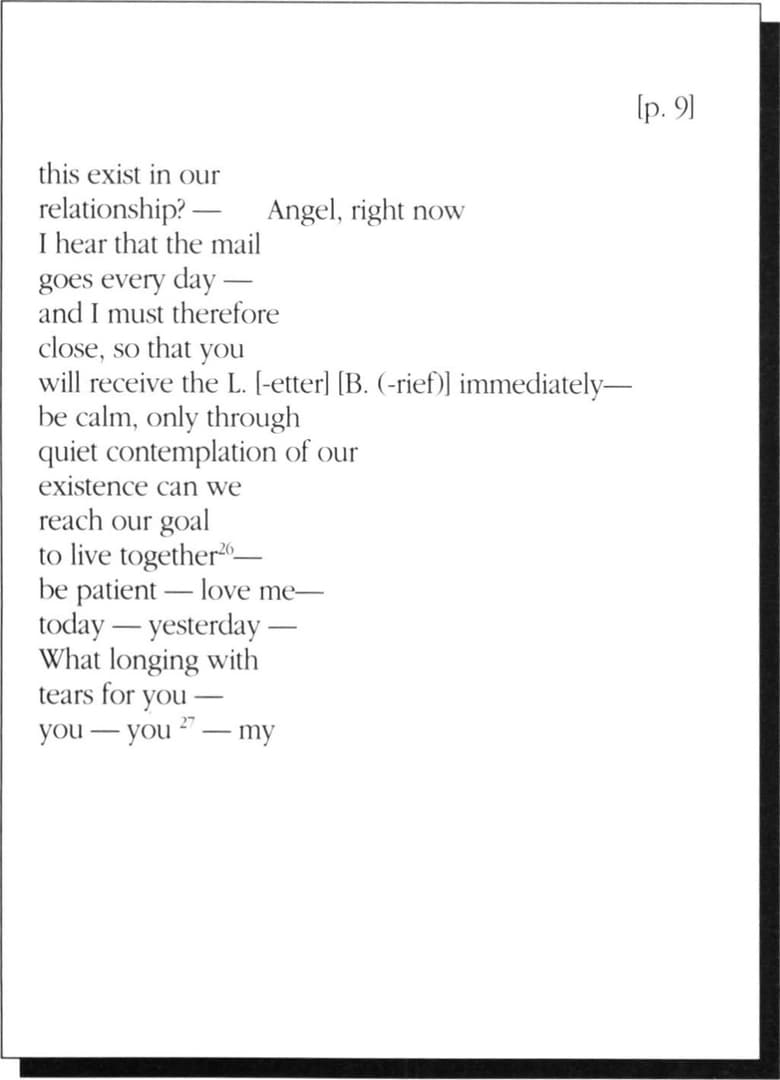
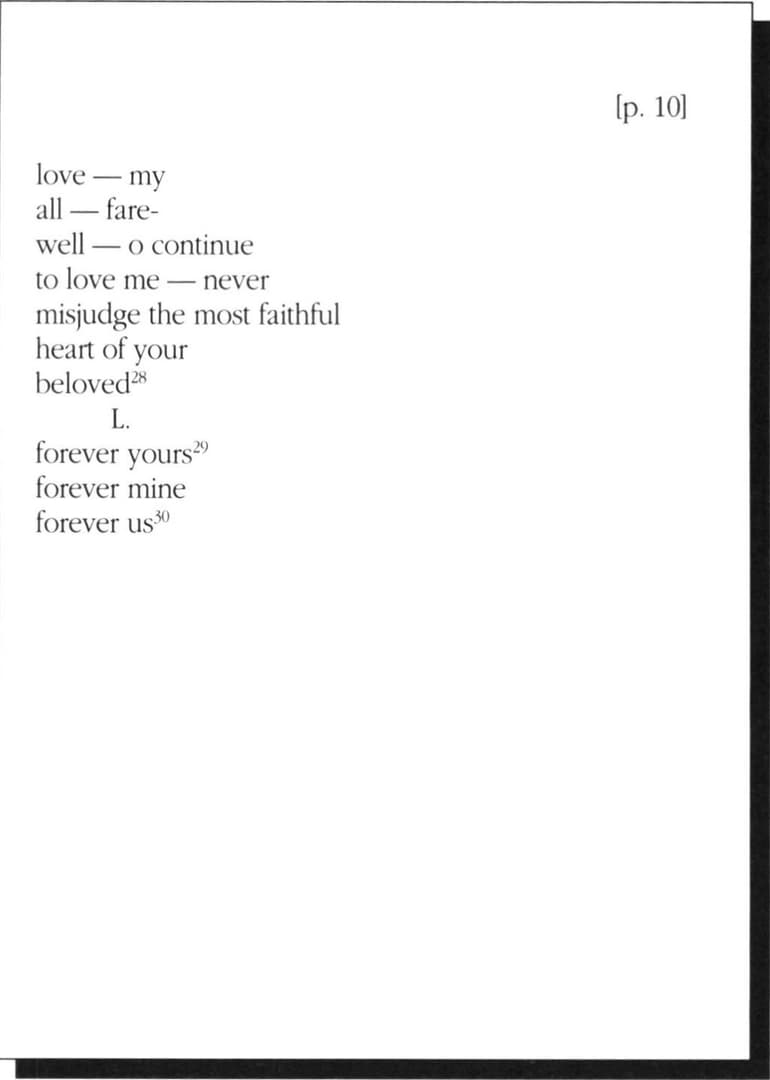
Virginia Beahrs, “‘My Angel, My All, My Self': A Literal Translation of Beethoven's Letter to the Immortal Beloved,” The Beethoven Newsletter 5, no. 2 (1990): 34-36, ProQuest. With thanks to Dr. Erica Buurman, Editor of The Beethoven Journal at San José State University, for permission to use Mrs. Beahrs’ translation.





